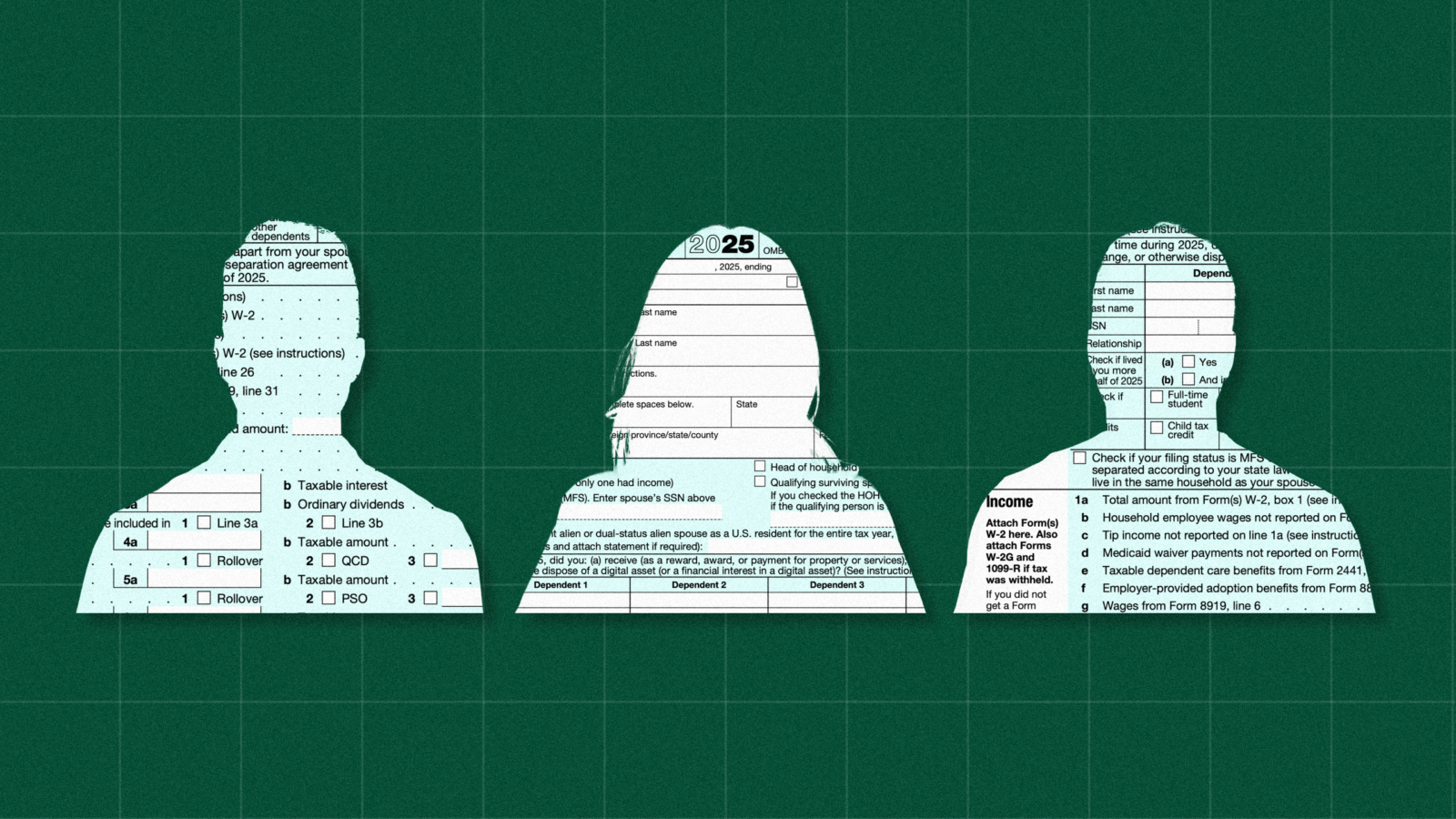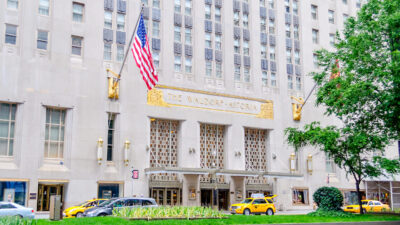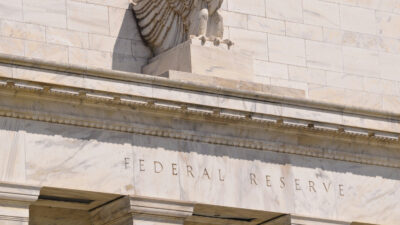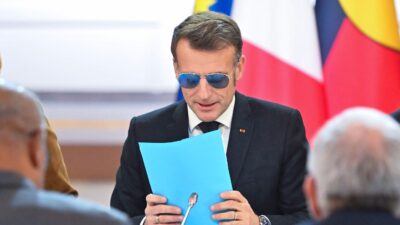Japan Looks Like Biggest Winner in Trump’s Trade Tumult
Japan remains in position to be one of the big winners from President Trump’s trade war, even with a temporary China truce in place.
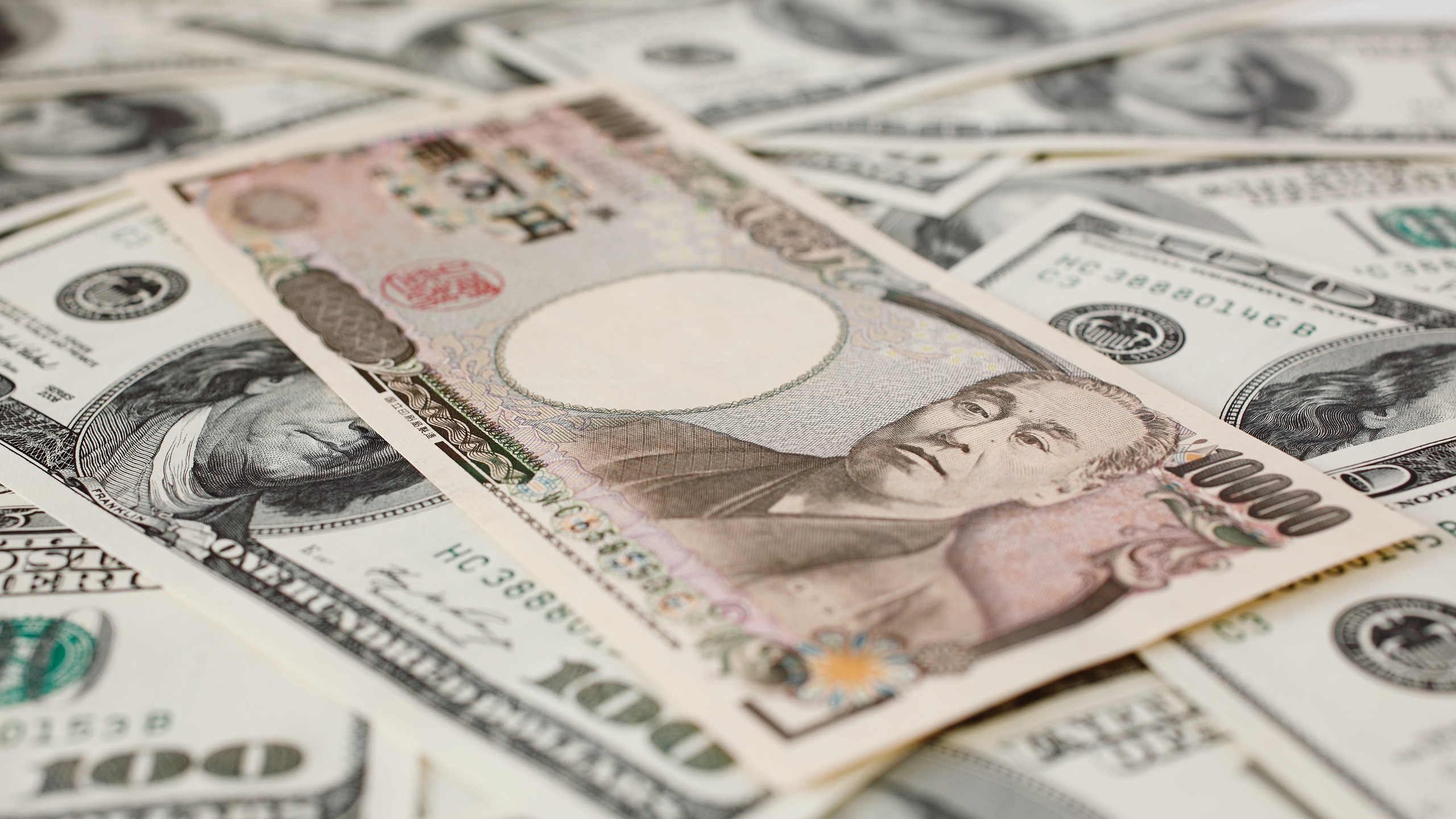
Sign up for smart news, insights, and analysis on the biggest financial stories of the day.
The huzzahs out of Washington, D.C., and Beijing post US-China trade talks are obscuring the biggest beneficiary of the Trump administration’s trade agenda — Japan.
Some $57 billion in foreign investments poured into the country’s securities in April as investors and central bank managers sought shelter from the Trump administration’s trade herky-jerky. According to the Japanese Ministry of Finance, net foreign purchases were substantially higher than monthly inflows on record dating back to 2005, and more than three times the month’s average over the past 20 years. The country may stick the landing even as global trade tensions ease while a broader macroeconomic trend — de-dollarization — threatens to keep diverting investments away from the US.
Dollar Frowns
The US stock market is all smiles, with Big Tech bouncing and pulling the S&P 500 back in the black year-to-date, yet the dollar chart frowns.
While the US Dollar Index (DXY) — a measure of the greenback’s relative value against a basket of six currencies including the euro and the Japanese yen — got a little boost recently, Trump’s tariff tactics may have accelerated the move away from dollar dominance. What investors have been doing with their money supports that theory:
- For starters, the record movement of US funds into Japanese securities last month looks like an effort to distance investors from the American currency, Yujiro Goto, chief FX strategist at Nomura, said in an interview with the Financial Times. Japan fits the profile of a market with the capacity to handle an influx of cash, he explained, and the rush into Japanese stocks as well as bonds backs up the idea.
- A Bank of America survey of institutional investors in May revealed that shorting the US dollar (a bet that it would fall) had become fund managers’ favorite play. Also, investor exposure to the dollar has fallen to a 19-year low.
- Warren Buffett’s yen-balanced play in Japan also appears to be paying off handsomely. Berkshire Hathaway has been acquiring stakes in the country’s largest trading companies since July 2019 and financing those investments with yen-denominated debt.
More broadly, dollar reliance has been waning for decades. By the International Monetary Fund’s estimates, official foreign reserve holdings show $6.5 trillion to $7 trillion in US dollar-denominated assets as of December 2024, higher than the $1 trillion held in 2000. However, those assets as a percentage of total foreign reserve holdings have declined from 72% to 58% over the same period.
Trump Card. In a preview of how Japan might approach trade negotiations with the Trump administration, Finance Minister Katsunobu Kato said last week that the nation’s $1.1 trillion in US Treasuries were “a card on the table.” Trade talks are set to resume this month after a reported standoff on auto tariffs, an issue that has become more pressing with Honda and Nissan forecasting grim profit figures.
